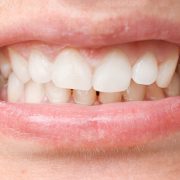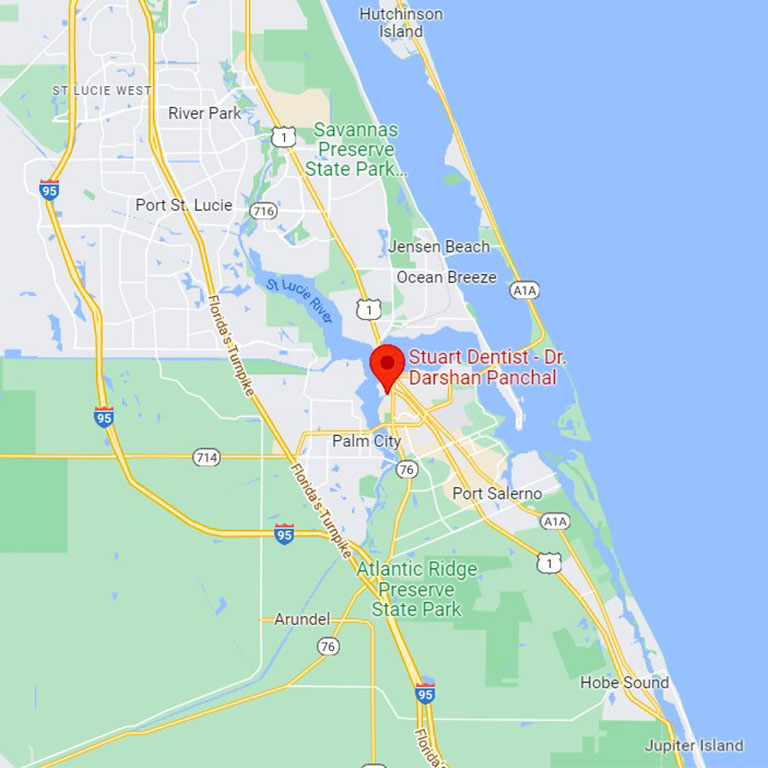I Grind My Teeth At Night. Is That Bad For Me?
Teeth grinding is a common problem. People who grind their teeth can do damage to their tooth enamel. If you grind your teeth at night, you can protect your teeth from damage. Your dentist in Stuart, FL can help. At Stuart Dentist, we provide help to people who need to protect their teeth from grinding.
What Is Bruxism?
Bruxism is a condition where you unconsciously grind your teeth. Bruxism often affects people at night, although some people can grind their teeth during the day, as well.
How Can You Tell If You Grind Your Teeth At Night?
Most people are unaware that they grind their teeth at night because the grinding happens while they’re asleep. If you grind your teeth at night, your spouse or sleeping partner may notice. Teeth grinding makes a noise that your sleeping partner may hear.
If you do not have a sleeping partner, your dentist may still be able to tell. Grinding does damage to your tooth enamel. If you grind your teeth, your tooth enamel may become cracked, chipped, or broken. Your permanent teeth may also become loose. Your dentist will notice this damage and may suggest that you wear a night guard.
Is Teeth Grinding Bad?
Teeth grinding can do permanent damage to your teeth if you don’t wear a night guard. A night guard can protect your teeth from damage. At Stuart Dentist, we provide bruxism treatment in Stuart, FL. We can help you get a custom-fitted night guard to protect your teeth from the effects of grinding. Come to Stuart Dentist for a custom-fitted night guard.



